Postgraduate Zooarchaeology Forum (PZAF) is an annual conference organised by and for postgraduate/graduate students and early-career professionals in the field of zooarchaeology. It was originally founded by Richard Madgwick (University of Cardiff) in 2009. PZAF provides the opportunity for young researchers to present their new projects in an informal environment. For many students and early career researchers, PZAF represents their first experience of interaction, exchange of information and mutual learning with their counterparts from different countries. It therefore provides the opportunity for students to be exposed to different research traditions and approaches and to foster academic networking among the wider community of upcoming zooarchaeologists. In October 2017, PZAF became an ICAZ Affiliated Group.
The International Council for Archaeozoology (ICAZ) is a nonprofit organization devoted to promoting archaeozoological research of the highest scientific standards and fostering communication among the international community of archaeozoologists. ICAZ members number more than 550 individuals from 62 countries, all with the common interest of understanding past relationships between humans and animals. More information about ICAZ and its working groups can be found on their official website!
This years meeting will be held in Croatia, at the Faculty of Humanities and Social Sciences in Zagreb, between the 24th and 26th of May 2023. It is organised by a group of PhD students dealing with various subjects related to archaeozoology.
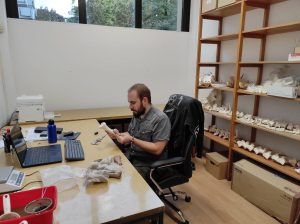
Goran Tomac
The president of the organising commitee, Goran Tomac, is a PhD student and an assistant at the University of Zagreb, Faculty of Humanities and Social Sciences, Department of Archaeology. His research includes the analysis of faunal material from a number of Neolithic and Eneolithic sites in Eastern Croatia, reconstruction of palaeoenvironment and dietary habits of humans and animals present at those sites, and cooperation with experts in animal genetics in conducting aDNA analysis of the most represented species.
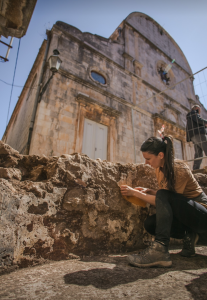
Antonela Barbir
Antonela Barbir is a PhD student working at the Institute of Archaeology in Zagreb. Her PhD research is focused on dietary changes in the Pleistocene-Holocene transition on the eastern Adriatic analyzing mammal and mollusc assemblages from the Vlakno Cave.
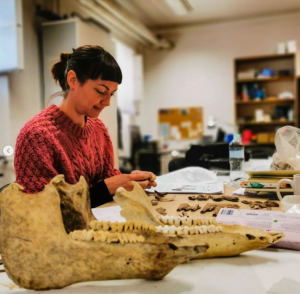
Maja Grgurić Srzentić
Maja Grgurić Srzentić is a PhD student employed at the Department of Archaeology, University of Zadar. The subject of her thesis is animal managment in Bronze and early Iron Age in northern Dalmatia.

Madalena Kolenc
Magdalena Kolenc is doctor of veterinary medicine who is working as assistant at the Department of Anatomy, Histology and Embryology, Faculty of Veterinary Medicine, University of Zagreb. Currently she is a second year PhD student. For the PhD thesis she is analysing the animal remains from Nadin – Gradina archaeological site.

Kim Korpes
Kim Korpes is an assistant and PhD student at the Department of Anatomy, Histology and Embryology at the Faculty of Veterinary Medicine in Zagreb. Her PhDresearch is focused on eight archaeological sites with the analysis of animal remains to investigate dietary habits in medieval Continental Croatia.
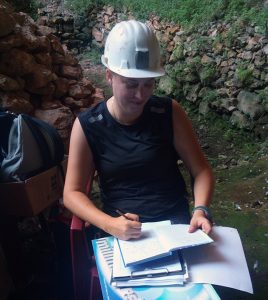
Ana Škreblin
Ana Škreblin is a PhD student at the Department of Archaeology, University of Zagreb, Faculty of Humanities and Social Sciences. Her focus of research is the topic of Bronze Age animal herding in Slavonia.
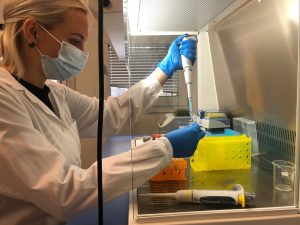
Lia Vidas
Lia Vidas is a postgraduate student and an assistant at the Institute for Anthropological Research in Zagreb. Her research is mainly focused on palaeoproteomic (ZooMS) analysis of morphologically non-diagnostic parts of faunal assemblages from different Late Pleistocene sites in Istria, with the goal of reconstructing past environmental conditions as well as subsistance strategies of different hunter-gatherer groups.
The organising commitee can be contacted via e-mail at pzaf2023@gmail.com.